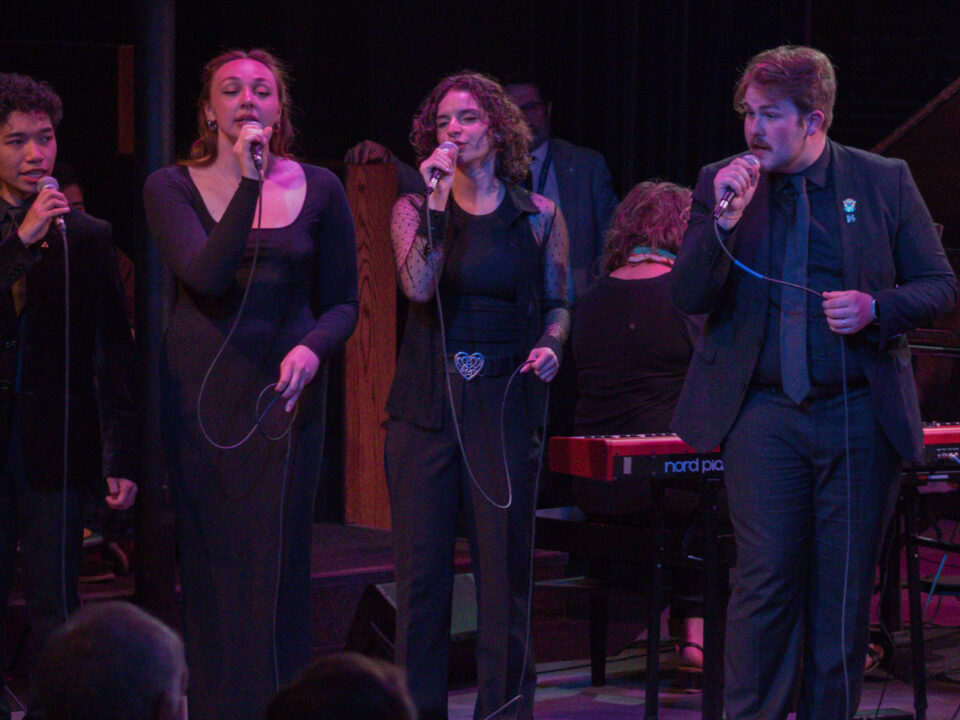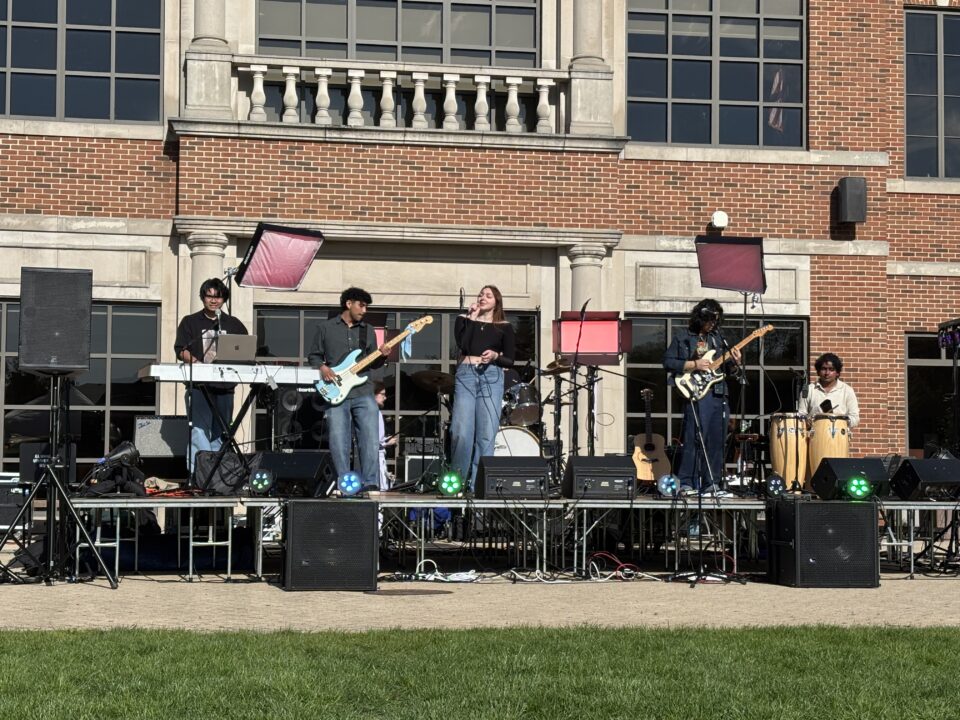“The Whole Premise of a Public Library is Choice”: Book Bans, Culture Wars, and the Road Ahead

In 1637, the first book in the United States was banned: New English Canaan by Thomas Morton. 400 years later, we are still dealing with the censorship of books.
According to PEN America, since 2021 nearly 16,000 books have been banned in public schools nationwide. Books ranging from LGBTQ+ topics to Black history have been under fire, removing critical curriculum from schools across the nation. PEN is currently tracking the number of books banned per state on its website, with states like Florida, Iowa, and Texas leading in the number of bans.
In 2024, Illinois became the first state in the nation to outlaw book banning, as Governor J.B. Pritzker signed HB2789 into law. This bill explains that it is state policy to improve, promote, and protect free public libraries. It is explicitly outlined that libraries are to be “protected against attempts to ban, remove, or otherwise restrict access to books or other materials.”
In a press release, Gov. Pritzker stated: “Here in Illinois, we don’t hide from the truth, we embrace it. Young people shouldn’t be kept from learning about the realities of our world; I want them to become critical thinkers, exposed to ideas that they disagree with, proud of what our nation has overcome, and thoughtful about what comes next. Everyone deserves to see themselves reflected in the books they read, the art they see, the history they learn. In Illinois, we are showing the nation what it really looks like to stand up for liberty.”
However, a library can refuse to uphold the law and limit access to books/curriculum — but this would cause them to lose state funding. Privatized libraries, such as private university libraries, are not subjected to HB2789.
Two high schools in Illinois have publicly stated their disagreement with this law: North Clay Community Unit 25 in Louisville and Central Community High School District 71 in Breese.
When speaking to The Chicago Tribune, Dustin Foutch, superintendent at Central Community High School District 71 in downstate Breese, said his district’s leadership didn’t agree that the grants given were enough to give up the ability to limit certain books.
“I think there’s a concerted effort around the state of Illinois from a lot of school boards to kind of take back a little bit of control,” Foutch said.
There is no public information about the list of banned or challenged books from North Clay Community Unit 25 or Central Community High School District 71.
R.O.W.V.A. Community Unit School District 208, a district that serves Rio, Oneida, Wataga, Victoria, and Altona banned “The Hate U Give” by Angie Thomas from classrooms.
“Gender Queer: A Memoir,” by Maia Kobabe was banned from classrooms in Lake Forest Schools, and a ban is pending at Community High School District 117 in Antioch.
“Saga, Volume 1 (Saga Series)” by Brian K. Vaughan is banned in Lake Forest Schools as well.
To better understand the issue of book banning from the perspective of the Elmhurst community, The Leader spoke with Mary Beth Harper, the director of Elmhurst Public Library.
Harper believes, “The schools probably have it the worst.”
She continues, “then the public libraries” and after that are academic libraries, such as the Elmhurst University Library, because “people aren’t really challenging books there.”
Back in 2020, the Elmhurst Public Library had the first ever organized group come to challenge their books. A group of about 20 people walked into a board meeting with a letter that they had addressed to the library staff, “the letter called us groomers and pedophiles,” Harper said. The group was affiliated with a political action group called Catholic Vote.
The letter they presented to the library is from a template on the Catholic Vote website, which can be downloaded, and details of the specific community added in. The letter is meant specifically to target LGBTQ+ books, which is all a part of their campaign called ‘Hide the Pride’ according to their website. The letter promises that these groups will check out all books in Pride displays until the library agrees to permanently remove them.
Harper explained that this is just what this group did, they checked out all the books “Which they are rightfully able to do,” she said. The group had no success as not a single book was removed from their shelves.
Harper wanted to emphasize that “This is not just books, and I think people think it’s just books.”
What can be done in meeting rooms, what films can be screened, which video games can be on shelves, and what can be in the community display case are all a part of the conflict.
“These culture wars are extending into our spaces,” Harper lamented.
“The whole premise of a public library is choice,” she said, referring back to First Amendment rights, and the dedication of the public library to fighting for those.
When asked what she would want college students to know about this topic and why it should matter to them, Harper emphasized, ”If we started to remove things off the shelves, denying people access, based off what each one of us didn’t like, or stopped having programs, we would have nothing left.”


